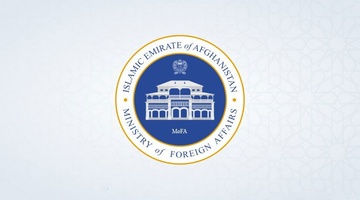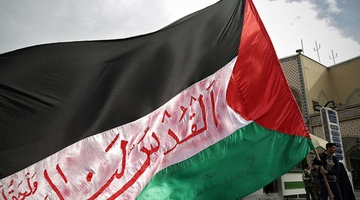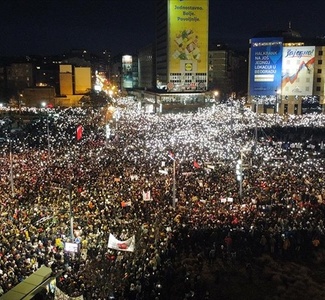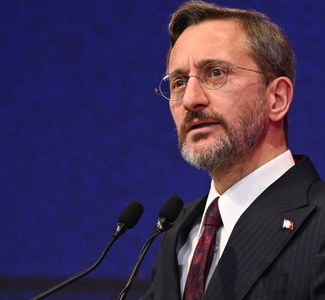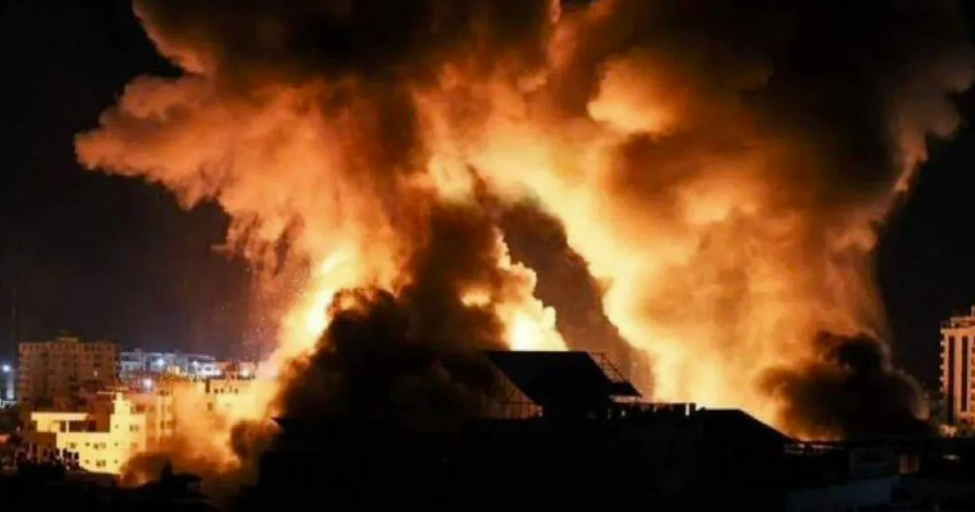As the world population hits 8 billion people, UN calls for solidarity in advancing sustainable development for all
The global population is projected to reach 8 billion on 15 November 2022, signaling major improvements in public health, the United Nations Population Fund said.
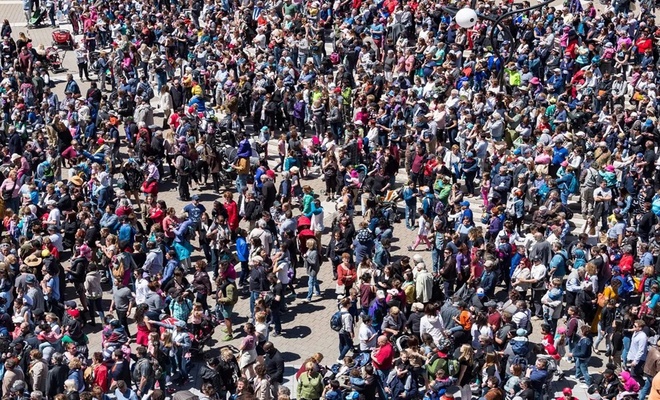
 Google News'te Doğruhaber'e abone olun.
Google News'te Doğruhaber'e abone olun. But the moment is also a clarion call for humanity to look beyond the numbers and meet its shared responsibility to protect people and the planet, starting with the most vulnerable.
“Unless we bridge the yawning chasm between the global haves and have-nots, we are setting ourselves up for an 8-billion-strong world filled with tensions and mistrust, crisis and conflict,” said UN Secretary-General António Guterres.
A more demographically diverse world than ever before
While the world’s population will continue to grow to around 10.4 billion in the 2080s, the overall rate of growth is slowing down. The world is more demographically diverse than ever before, with countries facing starkly different population trends ranging from growth to decline. Today, two-thirds of the global population lives in a low fertility context, where the lifetime fertility is below 2.1 births per woman. At the same time, population growth has become increasingly concentrated among the world’s poorest countries, most of which are in sub-Saharan Africa.
Against this backdrop, the global community must ensure that all countries, regardless of whether their populations are growing or shrinking, are equipped to provide a good quality of life for their populations and can lift up and empower their most marginalized people.
“A world of 8 billion is a milestone for humanity – the result of longer lifespans, reductions in poverty, and declining maternal and childhood mortality. Yet, focusing on numbers alone distracts us from the real challenge we face: securing a world in which progress can be enjoyed equally and sustainably,” said UNFPA Executive Director Dr. Natalia Kanem. “We cannot rely on one-size-fits-all solutions in a world in which the median age is 41 in Europe compared to 17 in sub-Saharan Africa. To succeed, all population policies must have reproductive rights at their core, invest in people and planet, and be based on solid data.”
Complex linkages between population, sustainable development, and climate change
While the Day of 8 Billion represents a success story for humanity, it also raises concerns about links between population growth, poverty, climate change, and the achievement of the Sustainable Development Goals. The relationship between population growth and sustainable development is complex.
Rapid population growth makes eradicating poverty, combatting hunger and malnutrition, and increasing the coverage of health and education systems more difficult. Conversely, achieving the SDGs, especially those related to health, education and gender equality, will contribute to slowing global population growth.
Relatedly, although slower population growth–if maintained over several decades–could help to mitigate environmental degradation, conflating population growth with a rise in greenhouse gas emissions ignores that countries with the highest consumption and emissions rates are those where population growth is already slow or even negative. Meanwhile, the majority of the world’s population growth is concentrated among the poorest countries, which have significantly lower emissions rates but are likely to suffer disproportionately from the effects of climate change.
“We must accelerate our efforts to meet the objectives of the Paris Agreement as well as achieve the SDGs,” said Li Junhua, UN Under-Secretary-General for Economic and Social Affairs. “We need a rapid decoupling of economic activity from the current over-reliance on fossil-fuel energy, as well as greater efficiency in the use of those resources, and we need to make this a just and inclusive transition that supports those left furthest behind.” (ILKHA)




























